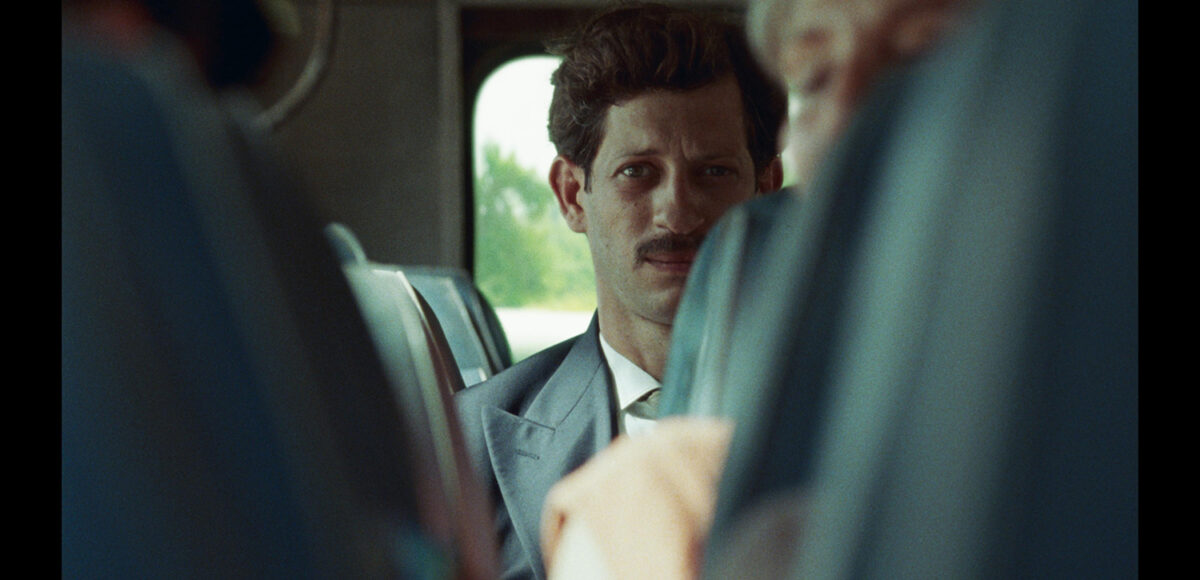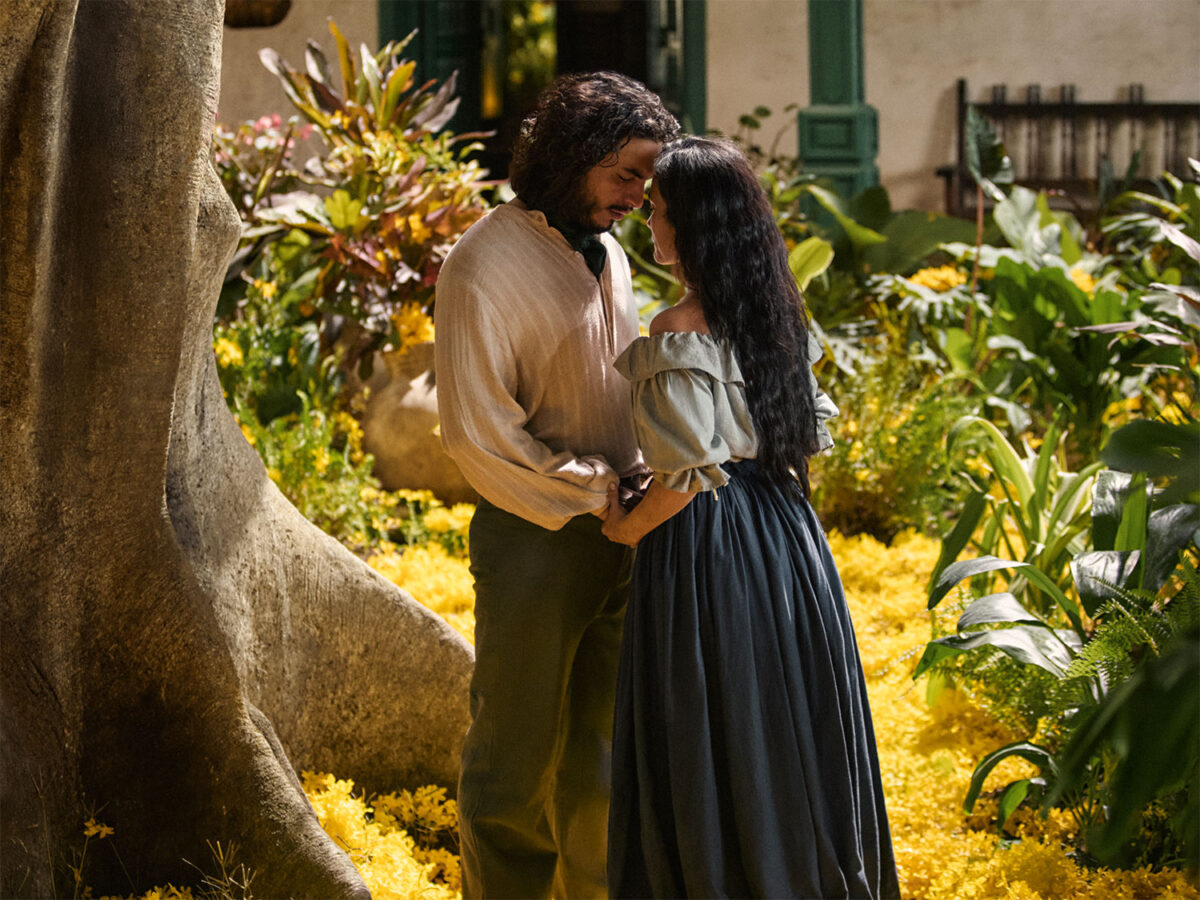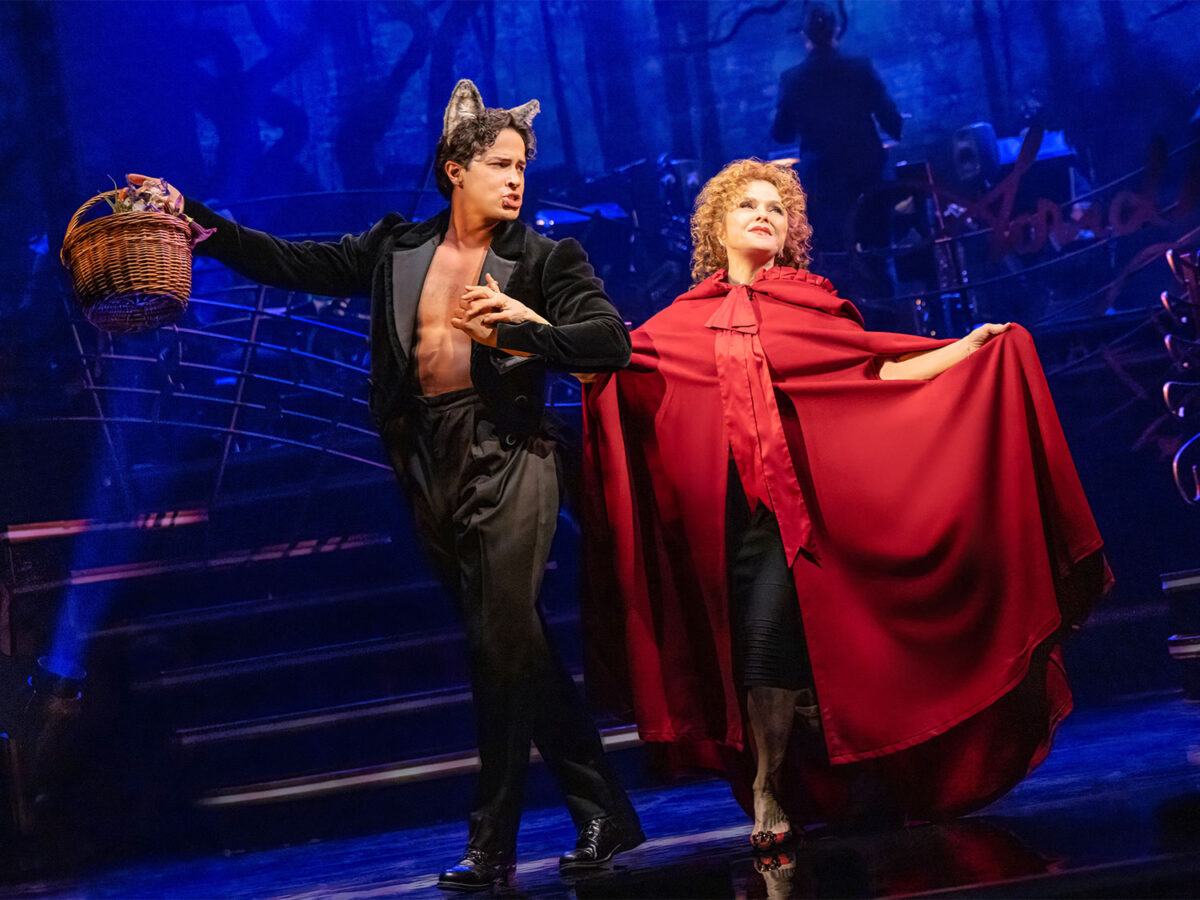“June Zero,” a surprising, very good film, is rather uncategorizable. Written and directed by Jake Paltrow, and co-written with Tom Shoval, it is a thoughtful, multilayered movie about the myriad actions leading up to and ending with Albert Eichmann’s execution and the disposal of his body between May 31 and June 1, 1962. Just when you think it’s one thing, it becomes something else.
Eichmann, for those of you not fully cognizant of his key role in the Holocaust, was the architect of the “final solution,” responsible for the deaths of six million Jews and untold numbers of people that the Nazis categorized as undesirables, including homosexuals, political opponents, people with disabilities, Romani and non-Jewish ethnic Poles.
Although captured at the end of the war, he escaped to Argentina where he remained until agents of Mossad kidnapped him and brought him to Israel to stand trial. “June Zero” is not about that trial and is only marginally about Eichmann himself. He is the character that looms over all, with his presence always in the background of every thought and action.
Paltrow tells his story in three parts with an epilogue. Beginning on the day of the guilty verdict, radios everywhere are tuned in. We meet David, an 11-year old Arab Jew, as he tries to negotiate his new school where everyone ignores him. An attention seeker, he proudly displays a watch he has stolen but is ridiculed because he doesn’t even realize it’s essentially worthless, not worth the time it took to nick it. The head boy disdainfully trades him a tabloid with information of the trial on the cover and a naked girl on the back for the watch.
David, as an Arab, is an outsider, ignored by his peers and ridiculed by his teachers. Newly arrived in Israel from Libya, he is unaware of the implications of the day. Israel, the haven for survivors of the Holocaust, has little room or patience for Arab Jews who were far from the reality experienced by their European counterparts. David’s dark appearance and crude features set him even farther apart. Although “June Zero” is about the effect the Eichmann trial had on Israel and Jews in general, there is the subtext of how the European and Israeli Jews treated Arab Jews, as if they weren’t Jewish enough.
David’s misadventures always seem to land on his father, humiliating him and creating roadblocks to acceptance. That the father is more fluent in Arabic than he is in Hebrew is part of the problem. He has found David an after-school job and there will be no argument. Little does David know that this job will be his greatest triumph. Brought to the factory yard of Zebco, a famous freedom fighter who builds and repairs ovens, heaters and propane tanks, David finds his greatest acceptance among the workers and where Zebco will take full advantage of his street smarts and penchant for illegality. David is, after all, still a thief at heart, something that will both aid and ultimately end his employment. When Gouri, a captain in the military and a friend of Zebco’s from the old days, shows up, he has a very special and highly secret favor to ask on the part of his boss.
The tenor of the narrative changes at this point, and the film shifts focus onto Gouri, charged with the security and safekeeping of Eichmann until his execution, and, as the previous section suggests, what becomes of him after. Gouri is highly strung and aware that his every move will be scrutinized, not just in the here and now but also in the future. There is nothing that makes him comfortable and his permanent anxiety releases buckets of physical ailments. Unable to sleep, he wanders the prison, always aware of dangers that might lurk. Even negotiating the haircut requested by his prisoner reveals the immense precautions being taken. Instructing the barber that he can only make cuts when Gouri signals, the barber’s hands tremble to the degree that he can’t function. Whenever the prisoner is transported, Gouri checks and rechecks every nook, cranny and fold before allowing him in the vehicle. Further, this security force has been specifically chosen because of who they are not rather than who they are, North African Jews.
Segueing into the third part of the film, it is Gouri who introduces us to Aaronson. He was in awe of Aaronson’s cool and professionalism as one of the lead prosecutors at Eichmann’s trial. As Aaronson begins to reflect, we are taken to a time prior to the trial.
As part of a Jewish American educational tour to Auschwitz, he was the lead speaker, recounting his horrific history in a Polish Ghetto as a youth. Coolly and calmly he tells them of his torture and resolve to survive. Later, prior to his final dinner with the group, he is hijacked by the young Israeli liaison who warns him that the Americans are about to ask him to make this part of their yearly tour. She passionately gives him all the reasons he should refuse. She feels that if they invest themselves in this pain it will, in effect, become the biggest ghetto ever built, walling themselves into history instead of moving forward.
Slowly, politely he disagrees with her arguments. It’s not that they don’t have value but, as he points out, “who gets to tell the story?” He wants to stand tall and tell his story. One doesn’t have to relive the past to justify the present. Eichmann’s trial was an effort to put the torture of the past in evidence and stand tall because the world was listening. As Aaronson points out, “never forget” is not the same as “always remember.”
The epilogue is a poignant tie to David many years later. This very thought-provoking film is all the more so because it is so surprising coming from Paltrow and Shoval, neither of whose previous films would have led you to believe that they were capable of communicating this kind of depth. Making it in Hebrew with Israeli actors was a necessity and it was here that Paltrow relied on Shoval, an Israeli filmmaker, who successfully translated Paltrow’s vision into Hebrew.
Although the different parts tell disparate stories, they are woven together exceptionally well. Noam Ovadia (David) was a real find. A first-time actor, he captured perfectly the desperation of this child, an outsider trying to find acceptance and the lengths he would go to gain it. Ovadia, with his dark, roughhewn appearance captures the outsider pressures his character feels, underscoring the prejudice against Arab Jews exhibited by the Israeli-born. That Ovadia imbues his character with a slyness that punctuates his every action, further brings out his desperation to fit in.
Tzahi Grad (Zebco) is, in some ways, the comic relief of the piece. Zebco is given far less character development than the others but Grad’s portrayal fills in those blanks for you with the added help of props and pictures to let you know the life he’s led. His character, full of a life led on the margins of legality, gives you a glimpse into what David may become. Zebco’s primary purpose is to move the story along and it’s something he does very well.
Yoav Levi (Gouri the army captain) is effective in keeping you on edge during his sleepless walks and supervision. Although a somewhat one-note character, he does his best in scenes that are perhaps a bit too protracted.
It is Tom Hagi as Aaronson, the survivor and investigative prosecutor, who draws you in. His eyes are the proverbial limpid pools masking a pain that will never go away but may find a better purpose. A survivor in every sense of the word, he embodies “Never Forget,” while not wallowing in the tortures of the past. Hagi successfully imparts warmth and solemnity at the same time. He was, as far as I was concerned, the most fully realized character who emblematized survival in its highest form.
This is a complex film, deserving of multiple viewings. It is particularly relevant today because one of the questions asked is, “Do the horrors of the past justify the present?” You’ll find others to ask.
In Hebrew and English with English subtitles.
Opening at the Laemmle Royal on July 5.
Neely Swanson spent most of her professional career in the television industry, almost all of it working for David E. Kelley. In her last full-time position as Executive Vice President of Development, she reviewed writer submissions and targeted content for adaptation. As she has often said, she did book reports for a living. For several years she was a freelance writer for “Written By,” the magazine of the WGA West, and was adjunct faculty at USC in the writing division of the School of Cinematic Arts. Neely has been writing film and television reviews for the “Easy Reader” for more than 10 years. Her past reviews can be read on Rotten Tomatoes where she is a tomato-approved critic.







